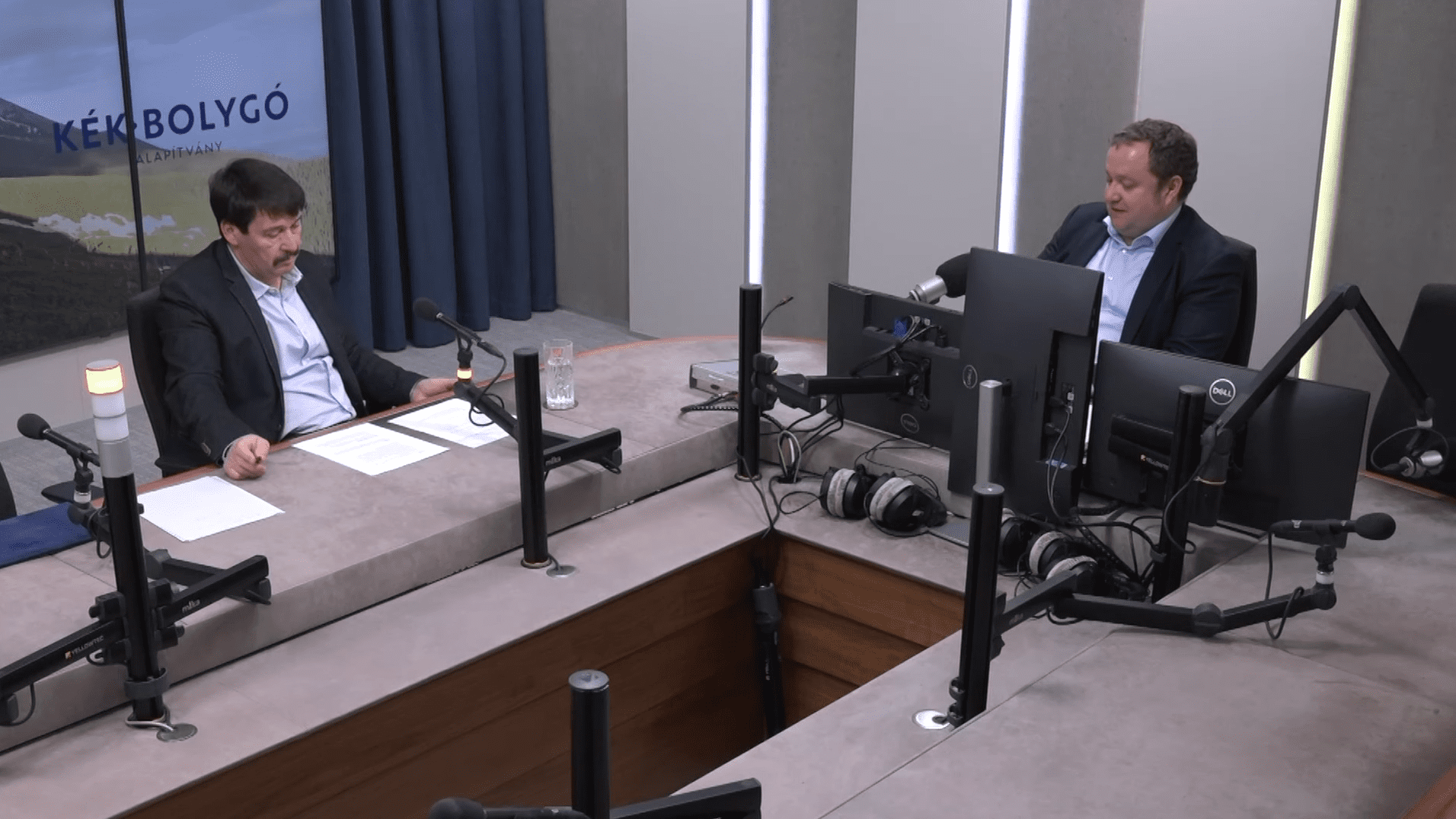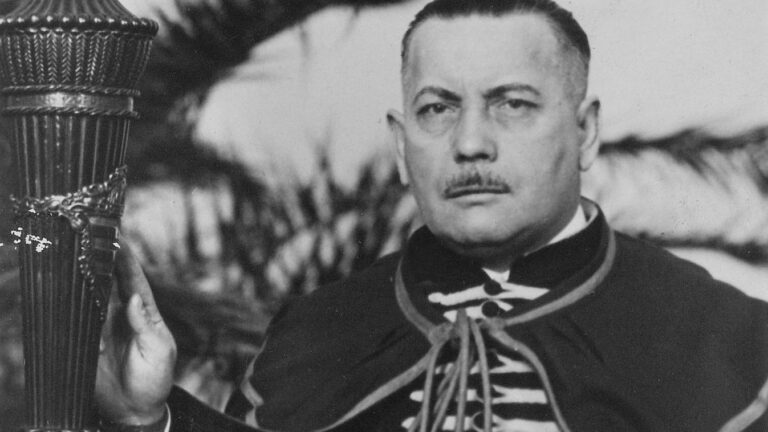The proportion of renewable energy realistically cannot exceed fifty per cent by 2035, and it will gradually decrease until the end of the 2040s, but there will still be a need for fossil energy, and even after that, for nuclear energy, said Attila Chikán Jr, the president and CEO of Alteo Nyrt on János Áder’s podcast Blue Planet, the latest episode of which was released on Monday.
Áder, the chairman of the Blue Planet Climate Protection Foundation, raised the question in the programme of whether the country’s energy needs could be met solely from renewable energy sources. In his response Chikán Jr expressed his belief that in the next ten to twenty years, the focus should be on climate protection. Alongside renewables, there is also place for nuclear energy, and together, they can lead to a radical reduction in carbon footprint. The main task is to reduce the use of fossil fuels. Therefore, a ‘renewable-nuclear combo’ will play a bigger role, but we cannot ignore the use of natural gas in the next few decades either, because natural gas allows for flexible production to adapt to varying energy demands, explained the expert.
Áder pointed out that Hungary’s gas consumption decreased by one billion cubic metres, or ten percent, in the past year, and the share of fossil energy in the Hungarian ‘energy mix’ decreased by one thousand one hundred megawatts. Chikán Jr elaborated that there are two welcome trends in Hungary:
the first is the increase in the use of renewable energy, particularly the rapid expansion of solar energy;
due to the increase in solar power capacity, less gas is needed. The second trend is consumption reduction and decreasing gas dependency. Áder mentioned that the government aims to double the current 6,000-megawatt solar energy production by 2035. Chikán Jr responded that the current 6,000 megawatts ‘fits beautifully’ into the electricity system; ten years from now, the same might be true for 12,000 megawatts. However, there is an upper limit because solar energy is a ‘weather-dependent renewable.’ When the sun doesn’t shine, it needs to be supplemented with other types of power plants or storage. Moreover, a large-scale expansion poses challenges for the grid, requiring significant developments that take time, he underscored.
25 év múlva már a zöldenergia lehet a meghatározó
Évről évre dinamikusan emelkedik Magyarországon az úgynevezett zöldenergia aránya. Ez leginkább a napenergiának köszönhető. Ezzel együtt – az Alteo Nyrt. elnök-vezérigazgatója szerint – a 2040-es évek végéig szükség van a fosszilis energiára is, leginkább a földgázra. Ifj. Chikán Attila azt mondja, nagyon fontos feladat a hálózatfejlesztés, a kapacitások bővítése.
Regarding wind energy, Áder noted that while outdated wind turbines can be replaced with modern ones, Hungary will not become a ‘wind farm forest.’ The host of the programme remarked that the sun doesn’t always shine, the wind doesn’t always blow, but nuclear power can provide ‘steady electricity,’ and gas power plants can meet additional needs when the sun isn’t shining or when energy demand suddenly increases.
Regarding the need for natural gas for decades to come, the question was raised: can we wean ourselves off Russian gas? Chikán Jr explained that Hungary’s supply is already coming ‘from many directions’: from Austria, Croatia, Serbia, Romania, supplementing domestic production, plus biomethane produced from biogas. There is significant potential in the latter, as there could be a forty-fold capacity expansion, he noted. In summary, he opined that the necessary amount of gas could be procured from other sources, but possibly at a much higher price.
In terms of nuclear, Áder highlighted the need for Paks 2. He also drew attention to the fact that it is not a ‘Russian nuclear power plant’; it is being built in international cooperation, with American, French, and possibly German contractors, so it will operate partly with Western technology.
Related articles:
Sources: Hungarian Conservative/Blue Planet







